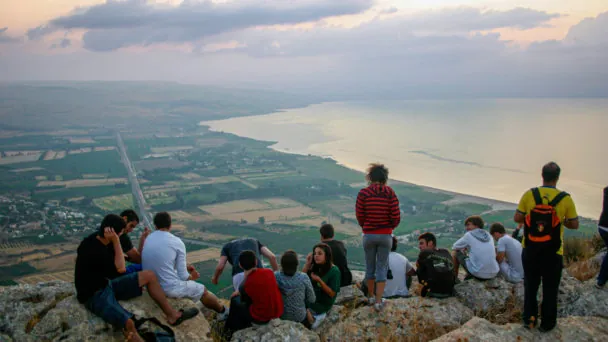I knew George Otis when he was a Christian millionaire, of which there were not too many in the 1970’s. The former general manager of Learjet Corp., he had left that career and was ministering to the poor around the world.
He had an especially deep compassion for the Arab people. So when he lead a tour to Israel, he traveled to Metulla, an Israeli village bordering Lebanon where terrorists were attacking both sides of the border. He wanted to get a firsthand look at this beleaguered nation. There he met Lebanese military commander, Major Saad Haddad.
As destiny would have it, in 1979, the two became friends and George began to encourage him in the Word of God. Shortly after this, Haddad committed his life to Yesua (Arabic for Jesus).
Israel’s First Arab Ally
Haddad’s spokesman, Francis Resik, recently told us the whole story of how the union of Major Haddad and the IDF began. The beautiful land of Lebanon had been a fragile mix of Christian and Islamic Arabs with much of its leadership being traditional Christians. But the rising Palestinian Liberation Organization had other plans. In 1964, the PLO’s founder, Yasser Arafat, born in Egypt, reshaped the Arab refugees into a new people group whom he called Palestinians. He and his newly-classified Palestinian terrorist forces created a mini-state within Jordan and caused such chaos that finally in “Black September” 1970, King Hussein of Jordan fought the PLO and threw them out of his country.
Arafat and his Palestinian troops headed for Lebanon, bringing with them jihadist-minded forces from many different Arab countries. There he set up another mini-state and eventually took over all of Lebanon including Beirut, once called the Paris of the Middle East. His chief goal was to destroy Israel. But at the same time, he was bent on crushing Lebanon’s Christian population wherever he found them.
By 1975, the Lebanese Army began to disintegrate and Major Saad Haddad, a Greek Catholic, broke away with his brigade of about 2,500 Lebanese soldiers who were Christian, Druze and even a few Muslims. He himself was a citizen of Marjayoun, a village near the border with Israel, and he stationed his troops in southern Lebanon to protect some 150,000 citizens from slaughter.
The price to hold this plot of land was brutal and as the killings continued, Major Haddad and his troops began to bring their wounded to the Israeli border, begging for help. Israel set up a field medical unit, and so began a tragic flow of wounded Lebanese across the border to Israeli hospitals. This opening of the border became known as “The Good Fence.” One report said that at times, one-third of all patients in Israel’s northern hospitals were Lebanese.
By 1978, the Israeli nation had finally had its fill of terrorist attacks from Lebanese soil. In the “Litani Operation” the Israel Defense Forces crossed the border and took over Southern Lebanon up to the Litani River. The result of that operation was a Lebanese buffer zone about 80 miles long and a few miles wide. Israel’s prime minister came to the border and said to Major Haddad, “It’s all yours!” In a short time, Haddad had won the loyal support of all the religious groups in the area, and became the undisputed head of “Free Lebanon.”
With his new-found faith, he even convinced his people to allow 5,000 Muslims, who had fought on the wrong side, to come back to their homes. “We must forgive them,” he told his Christian citizens. The Muslims were grateful and there was strong unity even with the mix of religions in Free Lebanon. And the South Lebanon Army (SLA) became loyal allies, fighting side by side with the IDF against the PLO, (which eventually morphed into today’s Hezbollah).
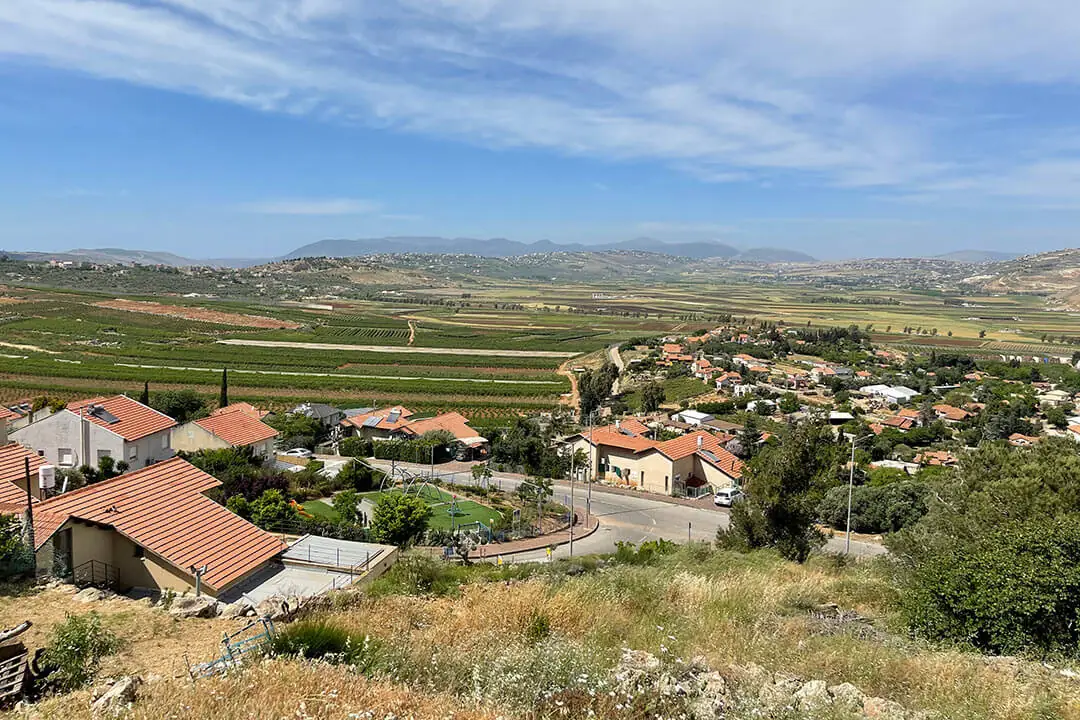
Red roof houses in Metulla, Israel, overlook the beautiful land of Lebanon.
“We feel forgotten by the Christians”
As their friendship grew, Otis asked Haddad what American believers could do for him. His answer was that Free Lebanon needed a radio station. Haddad felt it would be a unifying factor for the 150,000 citizens in the many isolated villages. Furthermore, he began to express the desire to see his people have the opportunity to hear the Good News of the Bible. He also urged George to find Arab-speaking evangelists to teach his people on the radio. (This was a dangerous endeavor as the penalty in many Arab countries for converting a Muslim to Christianity is death.)
Otis saw the wretchedness of the Lebanese people, fighting for their lives. He understood that Haddad was pleading for someone to come in and help his people. Haddad and his people felt abandoned by the rest of the Christian world. He told George, “It’s as if everyone’s forgotten us over here. It’s like genocide and nobody cares.” Even the Israeli media wondered out loud why Christians were ignoring this genocide. (In all some 90,000 Lebanese were killed.)
George knew he was being commissioned by the Lord to serve the people who were suffering so much in Lebanon. He told everyone who would listen, “Nobody in America can imagine the fear, the pain and the despair that’s felt in Lebanon.”
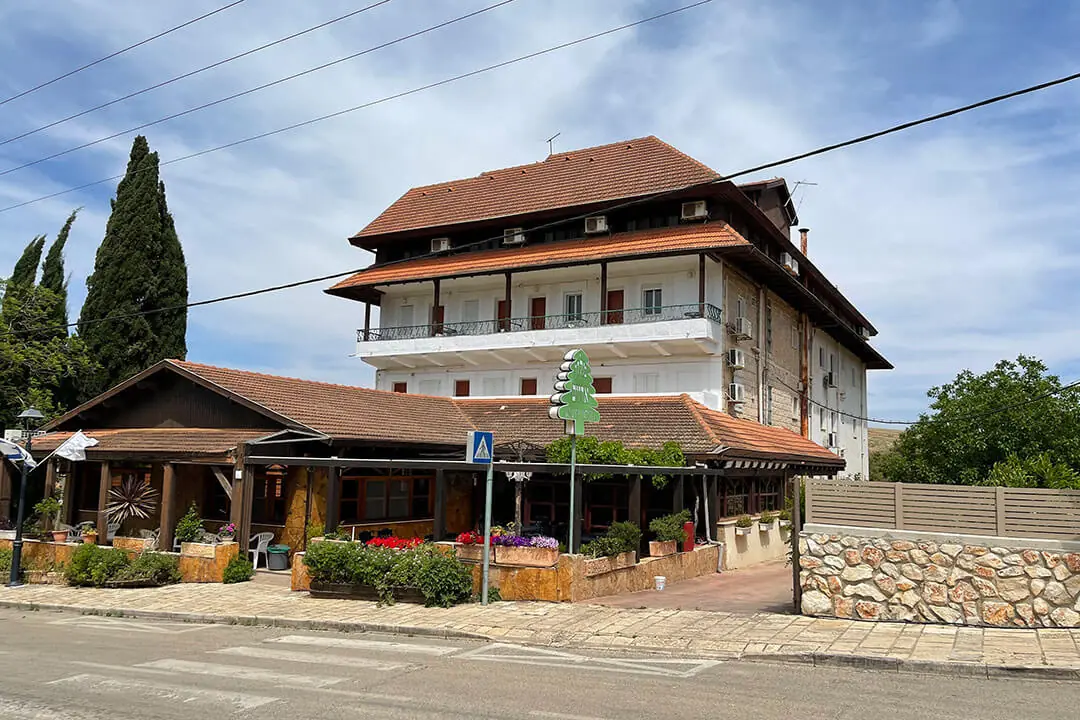
The Arazim Hotel in Metulla, Israel; the meeting place where IDF commanders and Major Saad Haddad met for synchronizing actions of their two armies. It was also where George Otis’ Voice of Hope radio station was born.
What could we do?
We have always been attracted to pioneers. And so when George, a media man, and an old friend of ours from the States, launched this pioneer Christian radio station in war-torn Lebanon, and beamed it into Israel, we were thrilled. As we watched him go from victory to victory (i.e., battle to battle) one of the lessons we learned from George was to stop and pray on the spot concerning every detail he was considering, before moving forward.
Our growing congregation in Netanya also saw the importance of what was happening with this opportunity to reach these Lebanese Arabs with the Gospel. We actually had a born-again Israeli Arab in our congregation who was studying at the Hebrew University, and who was willing to share on the station.
We were in constant contact with George, and our members helped by hosting children as young as two years old from different Lebanese families for a few days at a time just to take them out of the war zone—especially those of Haddad’s army. Rezik’s (George’s spokesman) teenage son lived in our home for a year so he could finish high school at the American school.
George was a bundle of energy, with a very humble spirit. His bold acts to help the Lebanese people were recognized throughout all Israel. And Otis was well-known for his commitment to Israel. He was thanked in person by Prime Ministers Yitzhak Rabin, Menachem Begin and Shimon Peres for his contributions to both Arabs and Jews.
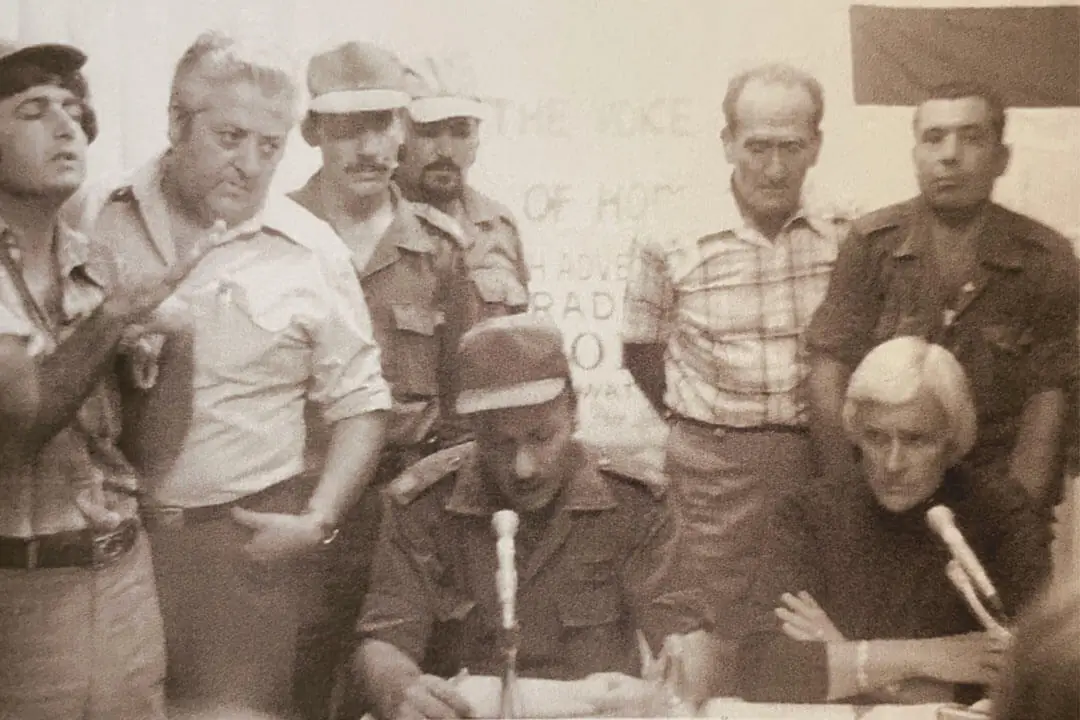
Major Saad Haddad and George Otis (right) announce the launching of the Voice of Hope Radio Station in Free Lebanon. Back, second from right, SLA Spokesman Francis Rezik.
Radio Becomes Enemy Number One
It was 1982. For three years, now, George’s radio station, the Voice of Hope, was reaching into most of Galilee. The IDF, suffering many casualties, helped George in every possible way. The preaching in Arabic was also understood by many Sephardic Jews in Israel. And any time when Ari and I were traveling in Galilee, we recognized what a miracle it was to hear Bob Dylan sing across the airways, “You gotta serve somebody,” or Andrae Crouch belt out, “Through it all!” And the Lebanese became fans of the Gospel songs of Dolly Parton! We were totally aware that for the first time in history, Gospel music was sweeping over the airways across the Sea of Galilee and surrounding cities and villages.
David, a young, brave American who lived on the Israeli side of the border, hosted radio programing and broadcasted a one-minute Bible reading every 15 minutes. The station became enemy number one to the terrorists attacking Free Lebanon. David told us that one day he and his interpreter crossed The Good Fence in their Volkswagen and were heading to the radio station in Marjayoun. Suddenly, rockets were flying towards their car. One after another, they hit closer each time. David cried out to the Lord and suddenly saw a vision of an enormous angel catch one of those rockets and throw it right back in the direction it came from. Instantly the rockets stopped.
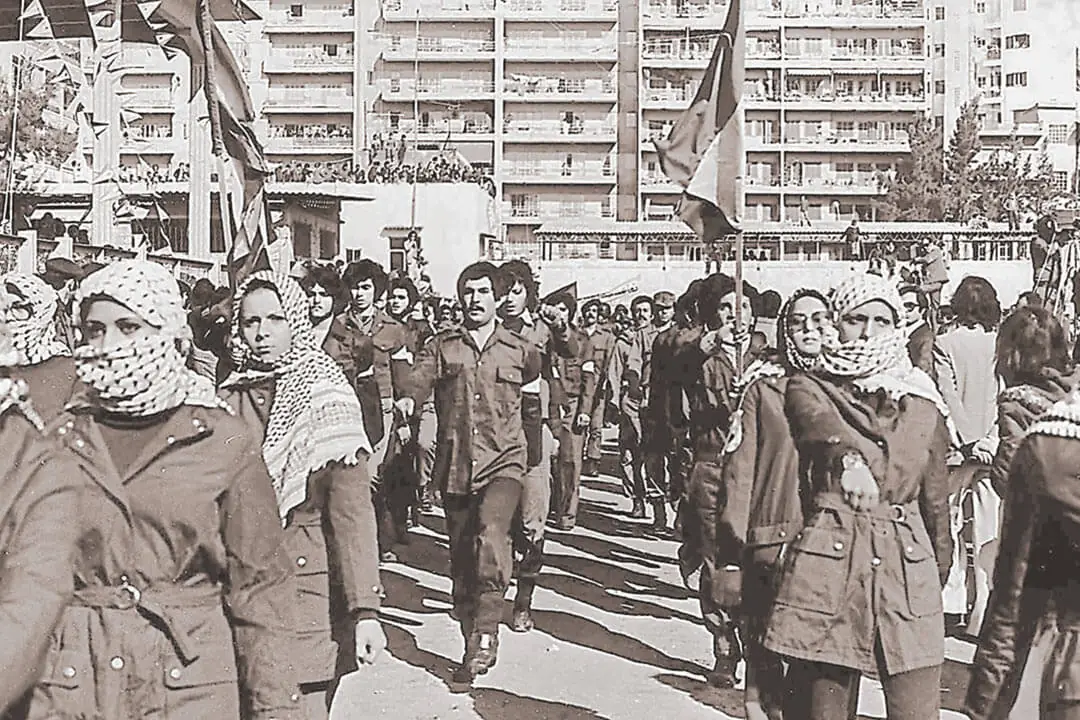
The Palestinian Liberation Organization troops marching after conquering Lebanon’s capital, Beirut.
Not Just Radio
At George’s request, we and our two kids traveled up to the border town of Metulla. The town looked a bit like a village in Switzerland; homes were built by South Lebanese carpenters who brought over wood you couldn’t get in Israel—Cedars of Lebanon.
We passed through the famous Good Fence that allowed Israelis and Lebanese to cross the borders of their countries on our way to visit the radio station. The first thing I noticed was the cars on the road—cars with no license plates were being driven at very high speed by kids who looked like they were in their early teens.
George introduced us to Major Haddad and together, we sat down for a meal. We knew we were sitting in the presence of two men making history. When Haddad authorized George to launch a new project—a Gospel TV station in Lebanon—George asked us if we wanted to take it on. We had both worked in the film world, and so we carefully considered it and prayed earnestly that God’s will be done. At the end, we understood the enormity of such an endeavor—both in technology and finances –and all in the middle of a war zone! Most of all, we felt God had called us to raise up a congregation and ministry in the Tel Aviv area.
At the end, we said no. However, we did want to lend our gifts to the cause and produced a promo video for George to raise awareness and finances for this spectacular opportunity to spread the Gospel in Lebanon, Israel and the Middle East.
Major Saad Haddad’s Legacy
Haddad was a unique leader during a volatile period of Israel and Lebanon’s history. He had lived most of his life in relentless peril and rumors began to leak that the constant intensity was taking a toll on his body. Sadly, in 1984, Major Saad Haddad died of cancer, but the fruit of his efforts will surely have eternal consequences.
He and his troops were truly loved by all Israel. Our friend, Francis Rezik, Major Haddad’s spokesman, explained to Ari and me why Israel meant so much to them. “Israel is our double savior. First, she gave us the Messiah who saved us spiritually. Then she saved us from physical destruction. The roots of our Christianity are with the Jews. Why should we not be Israel’s ally?”
At Major Saad Haddad’s funeral, Israel’s Prime Minister Shamir and his cabinet crossed over to Lebanon to attend the funeral in his village.
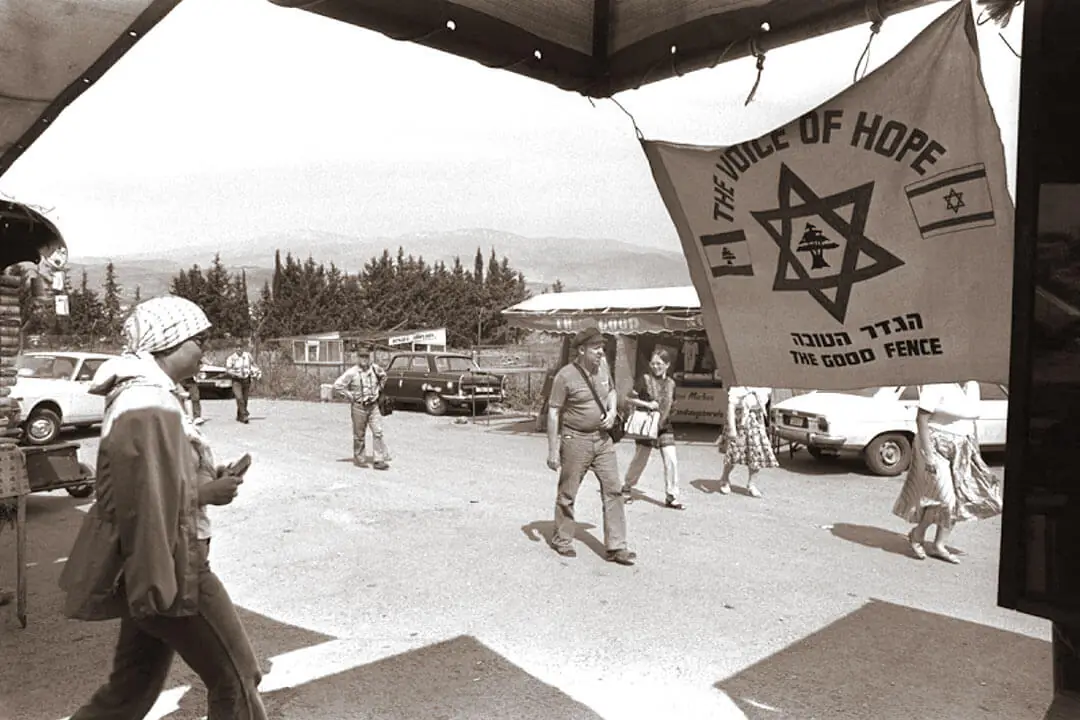
The Good Fence displays the Banner of Radio Station, Voice of Hope. Credit: GPO
40 Years and Counting
Major Saad Haddad had a mere five years of his life to bring the Gospel to his Lebanese people. By divine intervention, George Otis met Major Haddad and with George’s boldness and entrepreneurship, they planted two powerful spiritual weapons of war, with the full cooperation of the Israeli Defense Forces, that have brought the Gospel to the dry and thirsty lands of the Middle East. He was a light to his own people, and to Israel.
As for George, he did launch METV, Middle East Television, the very first believing station ever to reach the Israeli nation, together with the surrounding Arab nations, and eventually turned it over to CBN. The English station aired a blend of family-friendly movies and sports alongside Christian TV shows, music, and Sunday services with Arabic subtitles. Until the early 90’s when cable TV was brought to Israel, METV was one of less than a handful of channels available to Israelis.
Today, METV is owned by Messianic Jew Sid Roth; it has amazing coverage to reach 150 million viewers in 25 nations in the Middle East, including Israel, Syria, Iraq, Egypt, Jordan, Sudan, and more. It continues with the same vision and broadcasts out of Cyprus on an Israeli satellite, and every home in Israel with a TV can watch METV.
The Voice of Hope radio station has played continuously since its founding—excluding two interruptions. One was caused by a suicide bomber in the mid- 1980’s who killed the Lebanese guards protecting the compound. Within 12 hours, the station was back on the air. The second time was when Israel pulled out of Lebanon in the year 2000. When Israel left, the Voice of Hope went dark. It would, however, be back on the air within 40 hours—this time airing from inside Israel!
The station wasn’t the only thing that crossed over to Israel when Israel pulled out. Several thousand soldiers from the South Lebanese Army and their families were granted citizenship by Israel. Among them were families who were open to the Gospel. Our dear friend, Pastor Joseph Haddad, (no relation to the Major) whose wife is Lebanese, has led a Lebanese congregation, including SLA families who fled to Israel. Maoz supporters contributed a monthly offering to cover rent for them for almost two decades.
Meanwhile, between 1982-2000, the on-again, off-again Lebanese-Israeli war dragged on. In the summer of 1982, following a PLO attack along Israel’s coastal road and the attempted assassination of Israel’s ambassador to the United Kingdom, Israel once again invaded Lebanon on June 6, 1982, in alliance with Major Saad Haddad’s Christian and Druze troops. Because Ari was in his 30’s when he immigrated to Israel, he was doing yearly reserve duty in an IDF Information Unit. In 1983, he would venture into Lebanon not just to fight for the freedom of Southern Lebanon against the PLO, but to fight for the freedom of his own people from spiritual bondage.
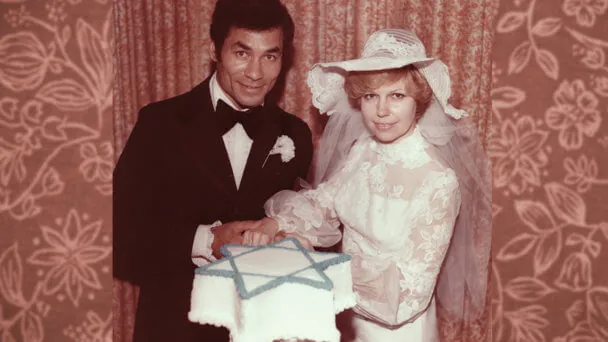
How it all began
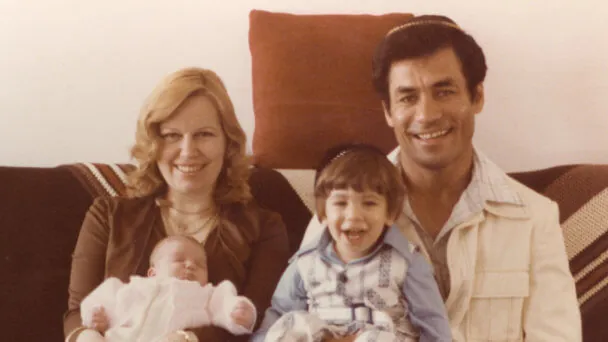
When Ari Met Shira
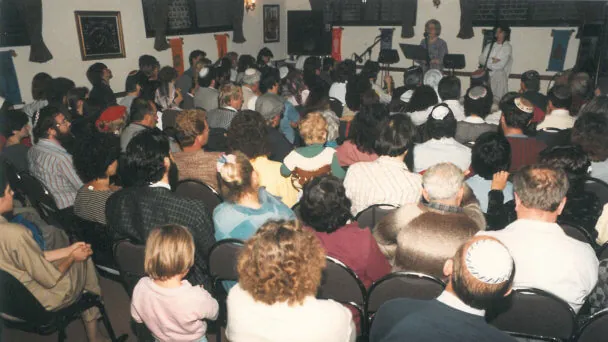
The First Congregation
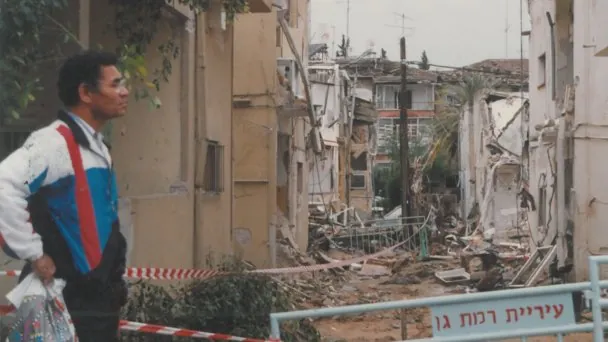
The War, the Immigrants and the Training Center
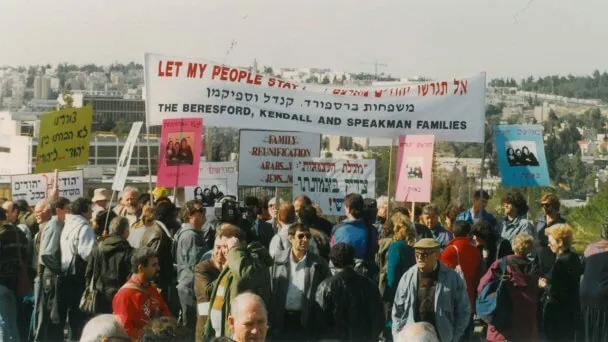
Israel’s Second Underground Railroad
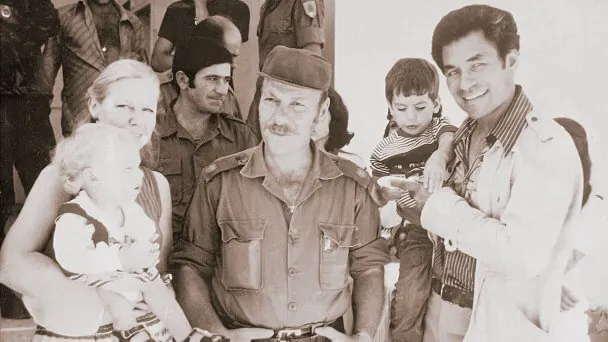
The Major and the Millionaire
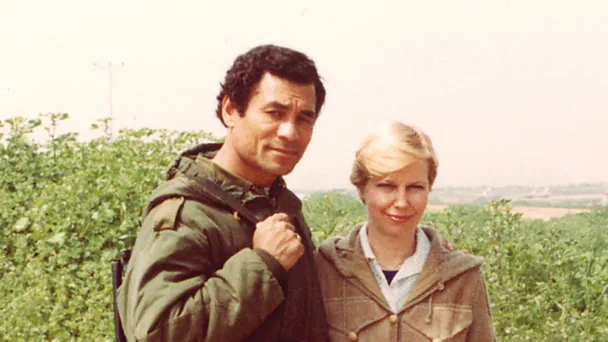
Diary of an Israeli Soldier

The Right to Exist
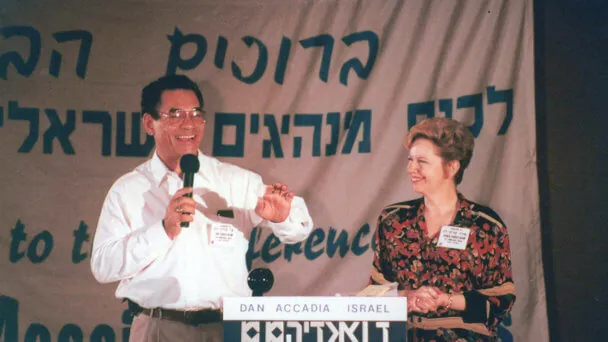
Never Say Never
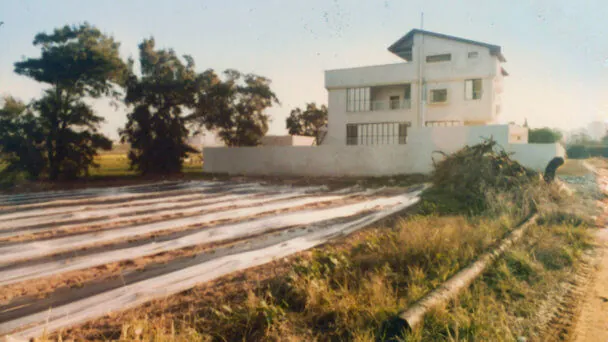
The Birth of Tiferet Yeshua
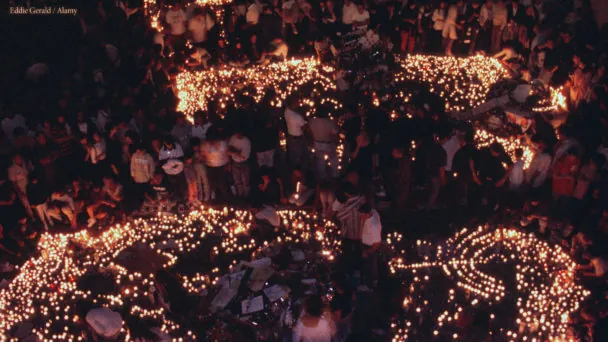
A Spark in the Dark
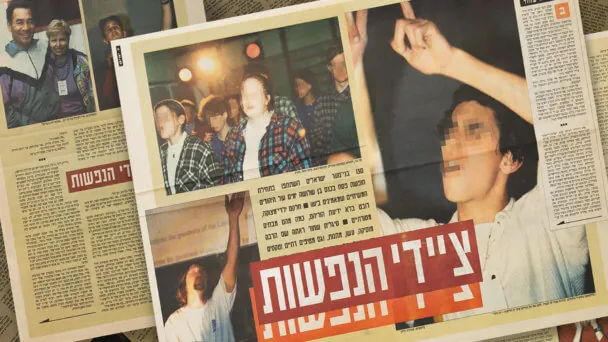
The News & The Police
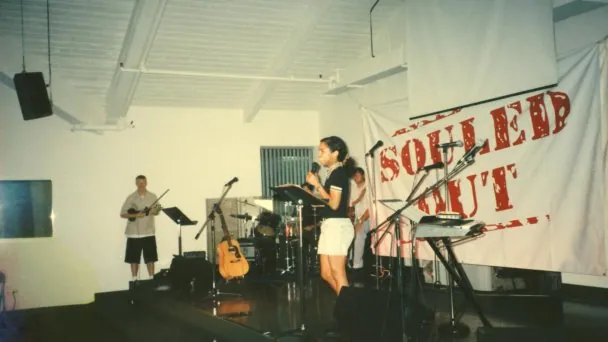
Souled Out Comes to Israel
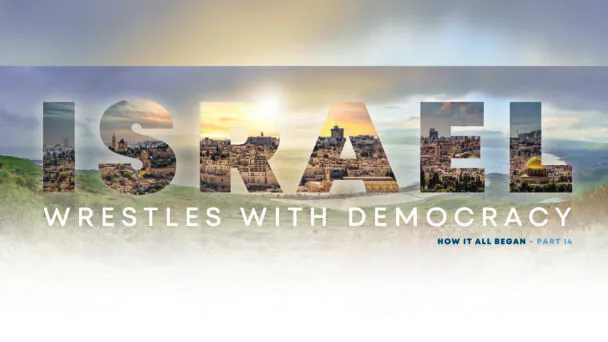
Israel Wrestles with Democracy
